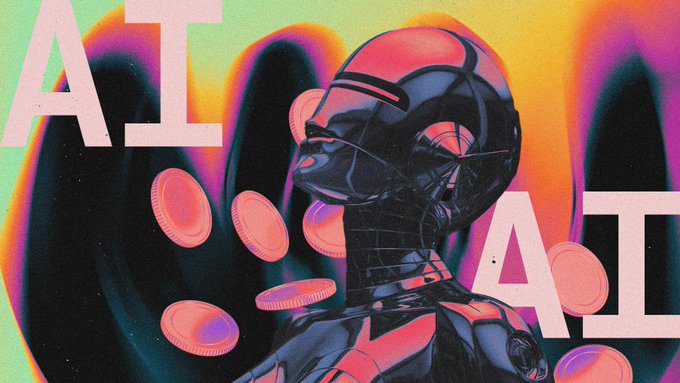We’re thrilled to introduce Autonome, the first-of-its-kind platform to build, deploy, and distribute verifiable autonomous AI agents. Autonome supports AgentKit and Based Agent by CoinbaseDev and MurrLincoln. Let’s redefine the future of intelligent agent networks!
Understanding AI Agents
AI agents are intelligent software systems designed to perceive their environment, reason about it, make decisions, and take actions to achieve specific objectives autonomously. These systems incorporate various AI/ML techniques such as natural language processing, machine learning, and computer vision to operate in dynamic domains, autonomously or alongside other agents and human users.
For example, AI agents can assist marketers in creating a color scheme or help IT professionals track down issues by querying log data. They can take care of assigned tasks like any good co-worker, helping people achieve actions that go well beyond the chatbots of yesteryear to solve more complex sets of problems.
Rudina Seseri, founder and managing partner at Glasswing Ventures, explains, “There is no single definition of what an ‘AI agent’ is. However, the most frequent view is that an agent is an intelligent software system designed to perceive its environment, reason about it, make decisions, and take actions to achieve specific objectives autonomously.”
The Evolution and Potential of AI Agents
Aaron Levie, co-founder and CEO at Box, believes that over time, as AI becomes more capable, AI agents will be able to do much more on behalf of humans. He highlights the multiple components to a self-reinforcing flywheel that will serve to dramatically improve what AI Agents can accomplish in the near and long-term: GPU price/performance, model efficiency, model quality and intelligence, AI frameworks, and infrastructure improvements.
However, MIT robotics pioneer Rodney Brooks cautions that AI technology may not grow as rapidly as other technologies like chips under Moore’s law. He points out that when humans see an AI system perform a task, they often overestimate its competence, which can lead to unrealistic expectations.
David Cushman, a research leader at HFS Research, sees the current crop of bots as assistants that help humans complete certain tasks in the interest of achieving some sort of user-defined strategic goal. The challenge is helping a machine handle contingencies in a truly automated way, and we are clearly not anywhere close to that yet.
Building the Infrastructure for AI Agents
Jon Turow, a partner at Madrona Ventures, emphasizes the need for a tech stack designed specifically for creating AI agents. He notes that the growing proliferation of AI agents requires a tech stack like any other technology. “Over time, reasoning will gradually improve, frontier models will come to steer more of the workflows, and developers will want to focus on product and data — the things that differentiate them. They want the underlying platform to ‘just work’ with scale, performance, and reliability.”
Fred Havemeyer, head of U.S. AI and software research at Macquarie US Equity Research, adds that it will likely take multiple models, rather than a single large language model, to make agents work effectively. He envisions a future where agents are truly autonomous and able to take abstract goals and reason out all the individual steps in between completely independently.
The Road Ahead for Autonome
While the introduction of Autonome is a promising step in the right direction, the industry still needs advances and breakthroughs for AI agents to operate as envisioned. The potential of AI agents to automate tasks and improve efficiency generates both excitement and apprehension among consumers. As we continue to develop and refine these technologies, it is crucial to set guidelines and guardrails to ensure ethical and responsible use.
Ready to Transform Your Hotel Experience? Schedule a free demo today
Explore Textify’s AI membership
Explore latest trends with NewsGenie
